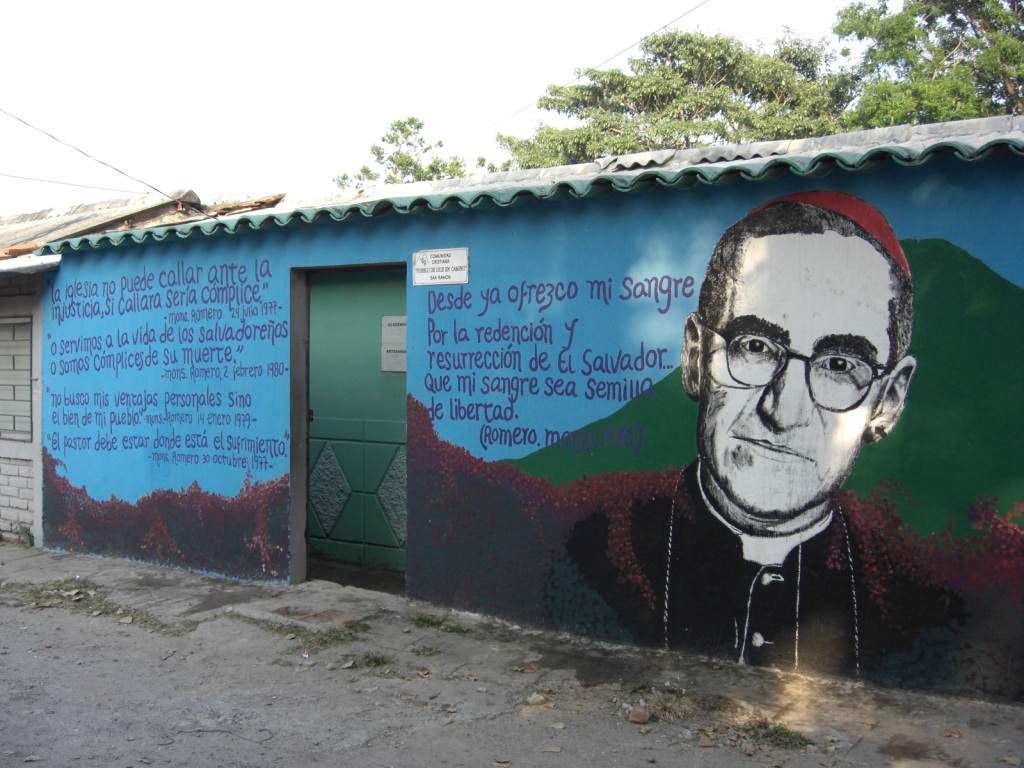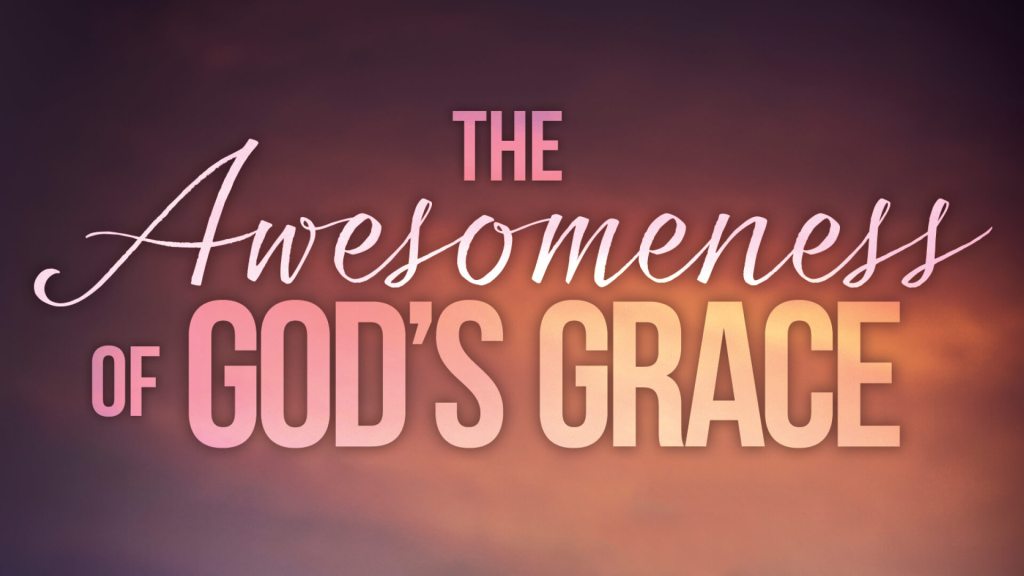Introduction: Understanding Liberation Theology
Liberation theology is a movement that emerged in response to poverty and mistreatment, particularly in Latin American Roman Catholicism. It seeks to interpret Scripture through the lens of the poor and marginalized, emphasizing their rights and liberation. This theological approach focuses on social and political change, challenging social injustices and advocating for the liberation of oppressed groups.
Liberation theology originated in the 1960s and 1970s, a time of significant social and political unrest in Latin America. The region was plagued by poverty, inequality, and the oppression of marginalized communities. In this context, Catholic theologians and activists began to question the traditional interpretations of Scripture and sought to find a theological framework that could address the pressing issues faced by the poor and marginalized.
The movement was heavily influenced by the Second Vatican Council, which called for the Church to actively engage with the social realities of the time. Liberation theology emerged as a response to this call, seeking to bring about social change and justice through a reinterpretation of Christian teachings.
Liberation theology challenged the prevailing idea that religion and politics should be kept separate. Instead, it argued that faith and action should be integrated, with the call to follow Jesus extending to the pursuit of social justice and the liberation of the oppressed. The movement emphasized the need to address economic, social, and political inequalities and advocated for the rights and liberation of oppressed groups.
Overview of Liberation Theology
Liberation theology is an approach that seeks social and political change through the interpretation of Scripture. It originated in Latin American Roman Catholicism as a response to poverty and mistreatment. The movement emphasizes the need to address economic, social, and political inequalities and advocates for the rights and liberation of oppressed groups. Liberation theology challenges the status quo and aims to promote social justice and equality.
One of the key pillars of liberation theology is the concept of praxis, which refers to the integration of theory and practice. Liberation theologians believe that faith cannot be separated from action and that true liberation can only be achieved through concrete efforts to transform social structures and promote justice.
Liberation theology draws on various theological and philosophical sources, including Marxist analysis of social structures and the preferential option for the poor, a principle that prioritizes the needs and rights of the marginalized. By combining these elements with a Christian framework, liberation theologians seek to provide a theological basis for social and political activism.
The movement gained significant traction in Latin America during the late 20th century, particularly in countries such as Brazil, Nicaragua, and El Salvador. Liberation theologians in these countries played a crucial role in advocating for the rights of the poor and marginalized, challenging oppressive regimes, and promoting social change. Their efforts often came at great personal risk, as they faced persecution and violence from those in power.
Connection with Jesus’ Ministry
Liberation theology finds its connection to Jesus’ ministry in the priority Jesus placed on the treatment of the poor and marginalized. Jesus, who was poor himself, identified with the struggles of the oppressed and marginalized. This identification is reflected in liberation theology’s focus on their rights and liberation. The movement finds support in Scripture, such as Mary’s praise in Luke 1:52–53 and Jesus’ words in Luke 4:18, where he proclaims good news to the poor, freedom for prisoners, and recovery of sight for the blind. The central role of the gospel in liberation theology’s understanding of social justice is also emphasized.
Jesus’ ministry was characterized by acts of compassion, healing, and solidarity with those on the margins of society. He consistently challenged the oppressive systems and structures of his time, advocating for the rights and dignity of all people. Liberation theologians argue that by following Jesus’ example, Christians are called to actively engage in the struggle for justice and liberation.
While some critics argue that liberation theology’s focus on social justice overshadows the traditional emphasis on personal salvation, liberation theologians maintain that the two are interconnected. They argue that true salvation cannot be achieved without addressing the social and political conditions that perpetuate oppression and inequality.
Liberation theology not only emphasizes the liberation of the oppressed but also the transformation of those in power. It calls on the privileged to recognize their complicity in systems of oppression and to work towards dismantling those systems. By challenging social structures that perpetuate inequality, liberation theology seeks to create a more just and equitable society for all.
Emphasis on Social Justice and Equality
Liberation theology places a strong emphasis on addressing economic, social, and political inequalities. It views the struggle for social justice as a core component of the gospel message. The movement believes that Jesus’ teachings and actions call for the pursuit of equality and the elimination of oppression. Liberation theology sees the fight against social injustices as an integral part of living out the gospel and following Jesus’ example.
For liberation theologians, social justice encompasses not only the redistribution of wealth and resources but also the transformation of social structures that perpetuate inequality. This includes challenging systems of oppression such as racism, sexism, and classism.
Liberation theology also emphasizes the importance of solidarity with the poor and marginalized. It calls on individuals and communities to stand with those who are oppressed and to work towards creating a more just and equitable society. This solidarity is not merely a matter of charity or goodwill but a fundamental expression of Christian discipleship.
To achieve social justice and equality, liberation theologians advocate for structural changes that address the root causes of poverty and oppression. This may involve advocating for policies that promote economic redistribution, challenging discriminatory laws and practices, and supporting grassroots movements that seek to empower marginalized communities.
Examples of Liberation Theology in Practice
Liberation theology has had a significant impact on various communities and regions around the world. Examples of liberation theology in action include black liberation theology, feminist liberation theology, and liberation theology in Latin America. Black liberation theology focuses on the experiences and struggles of black individuals and communities, advocating for their liberation from systemic racism and oppression. Feminist liberation theology addresses the issues faced by women, seeking their empowerment and liberation from patriarchal structures. In Latin America, liberation theology has played a crucial role in promoting social change and empowering marginalized communities. Countries such as Haiti, South Africa, and the United States have seen the influence and traction of liberation theology in their respective contexts.
In the United States, black liberation theology emerged as a response to the ongoing racial injustice faced by African Americans. It seeks to address the systemic racism and discrimination that permeate society and the church. Black liberation theologians draw on the experiences of black individuals and communities, highlighting the unique challenges they face and advocating for their liberation and empowerment.
Feminist liberation theology, on the other hand, focuses on gender inequality and the oppression of women. It critiques patriarchal structures and calls for the full inclusion and empowerment of women in all aspects of life, including the church. Feminist theologians argue that the liberation of women is a crucial aspect of social justice and that addressing gender inequality is essential for creating a more just and equitable world.
In Latin America, liberation theology emerged as a response to the widespread poverty and social injustice in the region. It gained significant traction during the late 20th century, particularly in countries such as Brazil, Nicaragua, and El Salvador. Liberation theologians in Latin America played a crucial role in advocating for the rights of the poor and marginalized, challenging oppressive regimes, and promoting social change. Their efforts often came at great personal risk, as they faced persecution and violence from those in power.
These examples illustrate the diverse ways in which liberation theology has been applied in different contexts. While the specific issues and challenges faced by marginalized groups may vary, the underlying principles of liberation theology remain constant: the pursuit of justice, the empowerment of the oppressed, and the transformation of social structures that perpetuate inequality.
Despite criticisms and controversies, liberation theology continues to inspire and challenge individuals and communities around the world. Its focus on social justice and its call for action resonate with many who are passionate about addressing the pressing issues of our time. Liberation theology’s emphasis on the rights and liberation of the poor and marginalized remains a powerful force for social change and continues to shape the way many individuals and communities understand and practice their faith.
Liberation Theology Beyond Latin America
Liberation theology has expanded beyond its origins in Latin American Roman Catholicism. It has found expression in different cultural contexts, including black liberation theology and feminist liberation theology in countries like the United States. These variations of liberation theology adapt the movement’s principles to address specific issues faced by different marginalized groups. The global expansion of liberation theology highlights its relevance and adaptability to diverse social and cultural contexts.
Black liberation theology in the United States, for example, addresses the unique struggles faced by African Americans. It draws on the experiences of black individuals and communities, highlighting the ongoing racial injustice and advocating for their liberation. Black liberation theologians in the United States argue that the fight against racism is an essential aspect of the gospel message and that Christians have a responsibility to actively engage in dismantling racist systems and structures.
Feminist liberation theology, on the other hand, focuses on the issues faced by women in various cultural contexts. It seeks to challenge patriarchal structures and advocate for the full inclusion and empowerment of women. Feminist theologians argue that gender inequality is a pervasive issue that must be addressed within both the church and society at large. They call for a transformation of social structures and a reevaluation of traditional gender roles and expectations.
The expansion of liberation theology beyond Latin America reflects its ongoing relevance and ability to address the unique challenges faced by different marginalized groups. By adapting its principles to different social and cultural contexts, liberation theology continues to inspire and empower individuals and communities around the world.
Liberation theology continues to have a significant impact on contemporary society. Its interpretation of Scripture through the perspective of the poor and marginalized challenges social injustices and advocates for social and political change. The movement’s emphasis on social justice and equality resonates with many individuals and communities who are passionate about addressing economic, social, and political inequalities. Liberation theology’s commitment to empowering marginalized groups and promoting their liberation remains relevant in today’s world.
Furthermore, liberation theology has expanded beyond Latin America and has found expression in various cultural contexts. Black liberation theology and feminist liberation theology, for example, address the specific struggles faced by black individuals and women, respectively, in their pursuit of liberation and equality. The adaptability of liberation theology to diverse contexts reflects its ongoing relevance and ability to address the unique challenges faced by different marginalized groups.
While liberation theology has faced criticism and controversy, it continues to inspire and challenge individuals and communities to work towards a more just and equitable society. Its focus on social action and its departure from traditional theological frameworks have sparked important conversations within the Church and wider society. Liberation theology remains a powerful force for social change and continues to shape the way many individuals and communities understand and practice their faith. In a world marked by inequality and oppression, liberation theology offers hope and a call to action for a better future.
See https://liberationtheology.org/ for more information on liberation theology.





Leave a comment